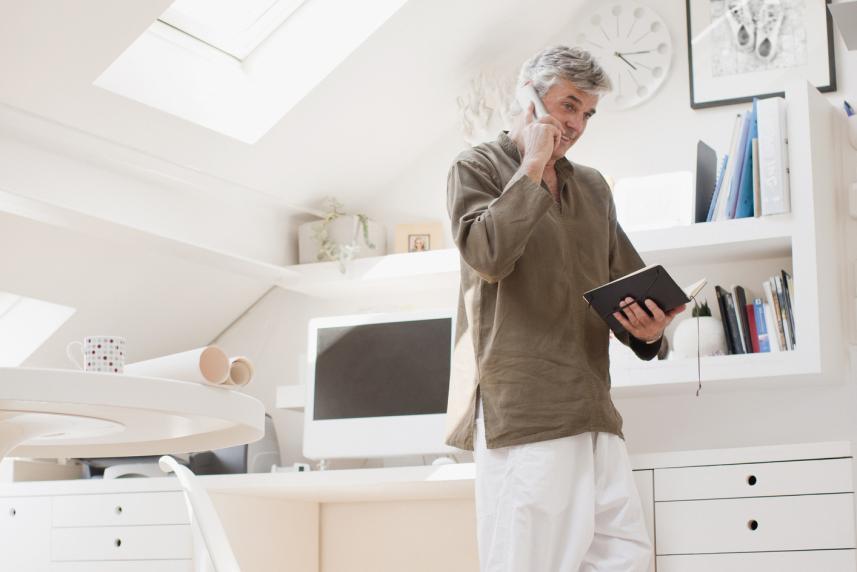Colon cancer screening could save your life
Talk to your doctor about what’s right for you

Colorectal cancer screening really could help save your life. Colorectal cancer is the third most commonly diagnosed cancer and second leading cause of death from cancer in the United States.
Most colorectal cancers can be prevented or treated if they are detected by screening tests. However, only 60 percent of Americans are up-to-date with screening, says John M. Inadomi, MD, head of the Division of Gastroenterology at the University of Washington School of Medicine.
“We understand that people don’t get screened because they’re embarrassed or fearful of the test, or think they don’t have the time,” he says. “Have an open discussion with your doctor about why this is so important to your health.” Here’s what you should know.
It’s time
Get screened if you’re between ages 50 and 75 and at average risk for colorectal cancer, because risk increases with age. If you are younger than 50 but have a family history of colorectal cancer or have inflammatory bowel disease, you may be at higher risk for colorectal cancer, and your doctor may also recommend screening. If you’re older than 75, ask your doctor if you need to be screened.
It’s simple
Millions of people have been screened safely and easily. There are different types of screening, but two are most common:
- FIT (fecal immunochemical test): This at-home test doesn’t require a doctor’s procedure or any special preparations. You’ll collect a small stool sample and send it by mail to a lab, where it will be tested for small amounts of blood. This test can be an alternative to a colonoscopy, assuming you don’t have other risk factors.
- Colonoscopy: Do this test every 10 years, or as recommended by your doctor. During the exam, your doctor will examine your rectum and colon with a flexible, lighted tube. You may be sedated. Your doctor can remove polyps immediately and diagnose other problems.
“There’s strong evidence that these tests can reduce cancer deaths,” Dr. Inadomi says. “Neither is better than the other so the ‘best’ test is the one you choose to get done.”


